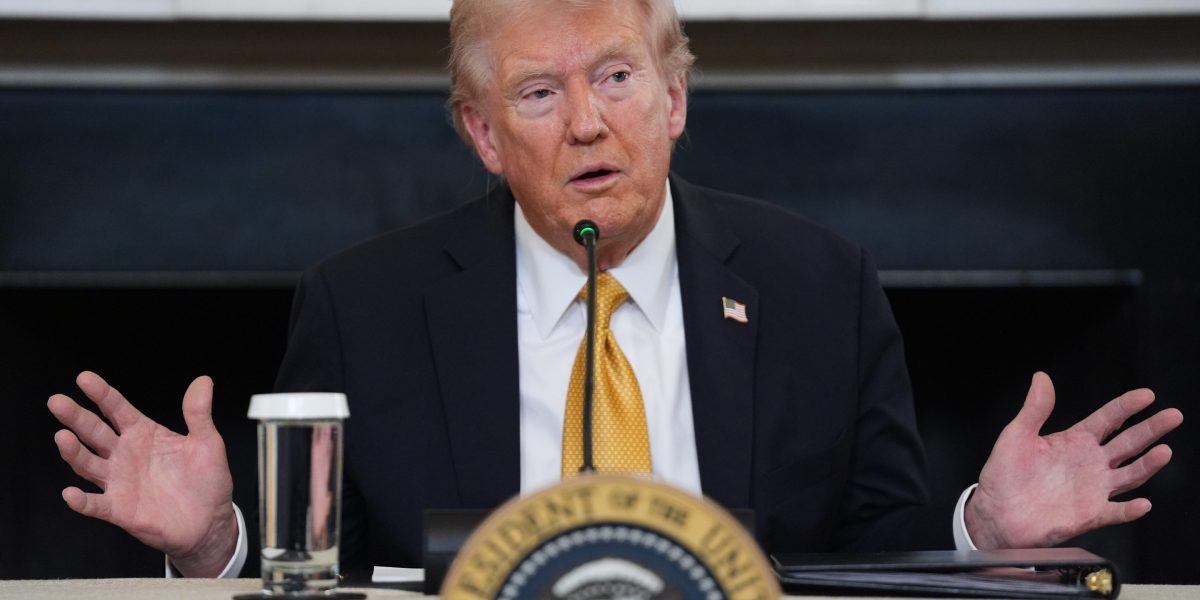
"In justifying American military strikes on boats suspected of smuggling drugs, President Donald Trump has asserted that the longtime U.S. strategy of interdicting such vessels at sea has been a major failure. "We've been doing that for 30 years," he said last month, "and it's been totally ineffective." Trump's comments came around the same time that the U.S. Coast Guard announced it had set a record for cocaine seizures - a haul of 225 metric tons of the drug over the previous year."
"Under Trump, the U.S. military has blown up 20 suspected drug boats, resulting in 80 deaths, in the Pacific Ocean and Caribbean Sea. Trump and other top officials have contended that such boats are being operated by narco-terrorists and cartel members with deadly drugs bound for America. The strikes have generated international pushback from foreign leaders, human rights groups, Democrats and some Republicans who have raised concerns that the United States is engaging in extrajudicial killings that undermine its stature in the world."
"Veterans of the drug war, meanwhile, say U.S. resources would be better spent doubling down on the traditional approach of interdicting drug boats, especially in the long term. That is because crews of drug boats frequently have valuable intelligence that can help authorities better target cartels and trafficking networks. Dead men, they say, tell no tales. The Coast Guard has fought the drug war a long time The Coast Guard for decades has interdicted small vessels suspected of smuggling illicit narcotics. Much of that work is focused on halting shipments of cocaine."
The administration authorized U.S. military strikes that destroyed 20 suspected drug boats, resulting in about 80 deaths in the Pacific and Caribbean. Officials justified the strikes by calling traditional interdiction ineffective and alleging narco-terrorist or cartel control of the vessels. The U.S. Coast Guard simultaneously reported a record cocaine seizure of 225 metric tons over the prior year. The strikes prompted international and bipartisan concern about possible extrajudicial killings and reputational harm. Drug-war veterans argue that interdiction and live captures yield valuable intelligence for targeting cartels and that killing crews sacrifices long-term enforcement benefits.
Read at Fortune
Unable to calculate read time
Collection
[
|
...
]